By Allison Herschede, BSN, RN, CDCES
I’ve been reading a lot lately on social media how diabetics are at higher risk for developing infections, and during this uncertain time, that’s scary.
You might be thinking, “Am I at higher risk?” “What if I catch the virus? Will I be able to control my blood sugars?”
These are serious questions and the answer is two-part.
1.) Yes, high blood sugars put you at higher risk.
2.) No, being diabetic alone does not put you at higher risk.
The caveat there is that the vast majority of diabetics do not have normal blood sugars.
Why?
There are a couple of reasons high blood sugars impair the immune system. One of them is Vitamin C. It has been known since the 1970’s that glucose and Vitamin C molecules are very similar in structure. They are also absorbed into the cell via the same GLUT-1 pathway.
The cell favors glucose and will pick the glucose over Vitamin C every time, so if you have high blood sugars (or even if you are a non-diabetic who eats a lot of carbohydrate), you are going to be losing a vital nutrient. White blood cells need a LOT of Vitamin C to function properly. Our bodies also need Vitamin C to make collagen, which is a protein that is required for healing. Vitamin C is needed to make antibodies as well.
Another job of Vitamin C is its antioxidant properties; it neutralizes free radicals which cause oxidative stress. Ingested sugar or high blood glucose from diabetes introduces more free radicals, so it’s a double-edged sword.
*According to Dr. Richard K. Bernstein, doses over 400mg of Vitamin C become oxidants rather than antioxidants, and high doses of Vitamin C also raise blood sugar, as well as causing issues with some blood sugar test strips, so keep this in mind.
Another reason high blood sugars impair the immune system is the function of white blood cells. One of the types of white blood cells, called neutrophils, as well as cells called monocytes go through the bloodstream and “mop up” bacteria and other foreign bodies. They ingest them in a process called phagocytosis. This process is impaired by hyperglycemia. Fewer of these cells are activated and they become sluggish. Also, fewer of the monocytes adhere to the surface of the endothelium of the cell. Instead of attaching and migrating to the site of the infection, they just float away.
Production of cytokines, small proteins which are a big part of our defense system against bacteria and viruses are dysregulated by even mild hyperglycemia (around 145mg/dL according to one study). With very high blood sugars, they are suppressed completely.
This video explains things quite well:
So what can you do about it? Plenty!
As I always say, first and foremost, read, “Dr. Bernstein’s Diabetes Solution” book and watch Dr. Bernstein’s videos on YouTube.
Next, start taking the proper steps to normalize your blood sugar levels.
Cut out sugar and limit carbohydrates to only non-starchy vegetables, nuts, seeds and maybe the occasional berries if you tolerate them. Whether you’re type 1, type 2, gestational diabetic or even pre-diabetic, we all have the same issue; our bodies don’t metabolize carbohydrates properly. So why are we eating them?
Test your blood sugar frequently. You want to be testing fasting, two hours after your meal, and at bedtime at the very least and if your blood sugar rises post meal, you either need more insulin for that food (if you inject insulin), or you need to avoid that food altogether.
A good rule of thumb for type 2’s is that any food that spikes you more than 20mg/dL (1 mmol/L) should be avoided. If all foods spike you higher than that, there’s a good possibility you need insulin.
For those injecting insulin, correct blood sugars before they are high by microbolusing. Insulin pens with half unit increments such as the Novo Echo, the Humalog Luxura or the InPen are useful for this, or using syringes with half unit markings. It’s possible to even eyeball a quarter unit doing this. By dosing in such small increments, we can make small corrections without a crashing blood sugar later. If you need less insulin than a quarter unit, consider diluting.
If you aren’t on insulin, insulin sensitizing medications such as Metformin can be quite helpful (they can also be helpful if you are on insulin). If you don’t tolerate Metformin, Berberine has been shown to be useful, but there is a little secret about Berberine, it needs Milk Thistle to be taken along with it to be completely effective. Dr. Bernstein also recommends R-fraction Alpha Lipoic acid (with Biotin) and Evening Primrose Oil for increased insulin sensitivity.
One last thing to note, while having an autoimmune condition does not mean your immune system is compromised (it means it’s overactive), at least 20% of diabetics (type 1 and type 2) have CVID (common variable immune deficiency) according to Dr. Bernstein. If you have CVID, you are at a very high risk. Symptoms of CVID include frequent bronchitis, sinusitis, ear infections, recurring lung problems like pneumonia and if you have ever been in sepsis, there is a good chance you have it. Treatment for CVID is i.v. gammaglobulin.
Right now, most of us feel like we have little control in our lives, but there is one thing you can control; your blood sugar, and this will go a long way in keeping your immune system healthy.







Being prepared is crucial for people with diabetes. Carry your supplies with you. You never know what might prevent you from getting back home.